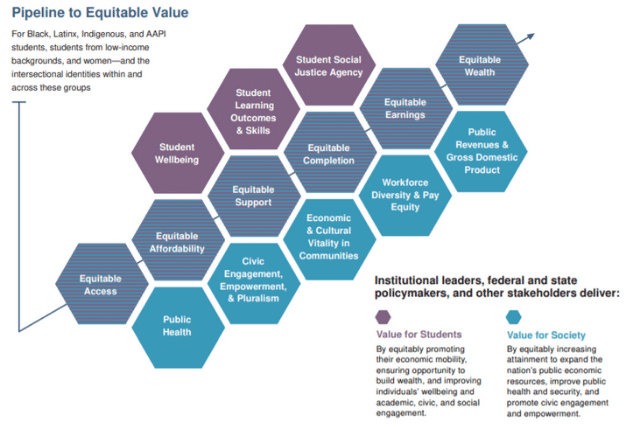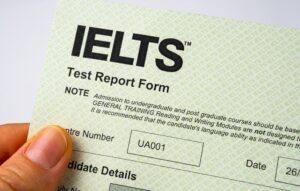
KUALA LUMPUR, 15.7.2021 – The increasing price of higher education and its declining return on investment threatens the future of the tertiary studies industry in the United States.
Approximately two-thirds of a New America survey respondents find that higher education is not worth its cost anymore, believing that they were paying too much despite the value of higher education in their life.
There is also an increase of degree requirements for jobs that do not really require them, such as technical and skill-based occupations. The upsurge of degree fees has turned postsecondary studies into a weak delegate for certain skill sets that one could easily obtain from short-term training and workshops.
The probable cause, mentioned by author Malcolm Gladwell in his podcast, lies in college ranking systems like US News & World Report. The privilege-based method of sorting institutions and students — funding, selectivity, and spending — harms schools that enroll low-income students and maintain low fees.
In light of the issue, the Postsecondary Value Commission, backed by the Bill & Melinda Gates Foundation presented a report in May that emphasizes the value of higher education for under-represented groups.
Besides ensuring higher education contributes to individuals and communities, the framework also measures how institutions and programs can provide unbiased completion and post-college outcomes through the value they create for their students.
 Image source: Postsecondary Value Commission
Image source: Postsecondary Value Commission
Instead of rewarding privilege, the new framework could ultimately build a better and just society by standardizing access to increase postsecondary value, eliminating affordability as a liability, removing completion gaps while increasing post-college outcomes, exposing causes of unjust, and promoting honest, unbiased postsecondary values.
The report also suggests academic recommendations on pathways, skills, and work-based learning. They can help by increasing degree completion rates and employability, develop employer-demanded skills, and offer apprenticeship that allows students to build their skills, social capital, and network.
These will initiate a new and better communication of value that eliminates unjust incentives of the current rankings.
As a result, the commission report suggests a new set of rules for postsecondary planning that is viable in today’s competitive world, such as:
- Free: Obtain credentials for as many free learning programs as students can complete throughout their studies, and focus on building skills and capabilities in real-life situations;
- Fit: Choose an institution or a program that has high employability; and
- Limit Debt: Attend an affordable institution instead of taking on a debt. Students can also consider debt free training programs with high demand jobs.
Moving forward, value will become the main keyword of postsecondary learning in which an institution’s affordability and quality surpass any privilege-based ranking.

Jocelyn Cheng
Jocelyn Cheng (JC) is an INFP writer seeking to spread inspiration and spark connections through her words. Her dedication to writing has gifted her with an ability to write for multiple platforms (e.g., website, social media, newspaper, magazine, etc) in different fields, namely Education, Travel, and Healthcare. JC personalizes her works by adding a touch of her own experience into the mix whenever she can to relate to her readers. A self-proclaimed poet and currently a freelance writer, she's working on an untitled poetry book at home while juggling between writing for Eduloco, dancing, and keeping her only plant alive.





